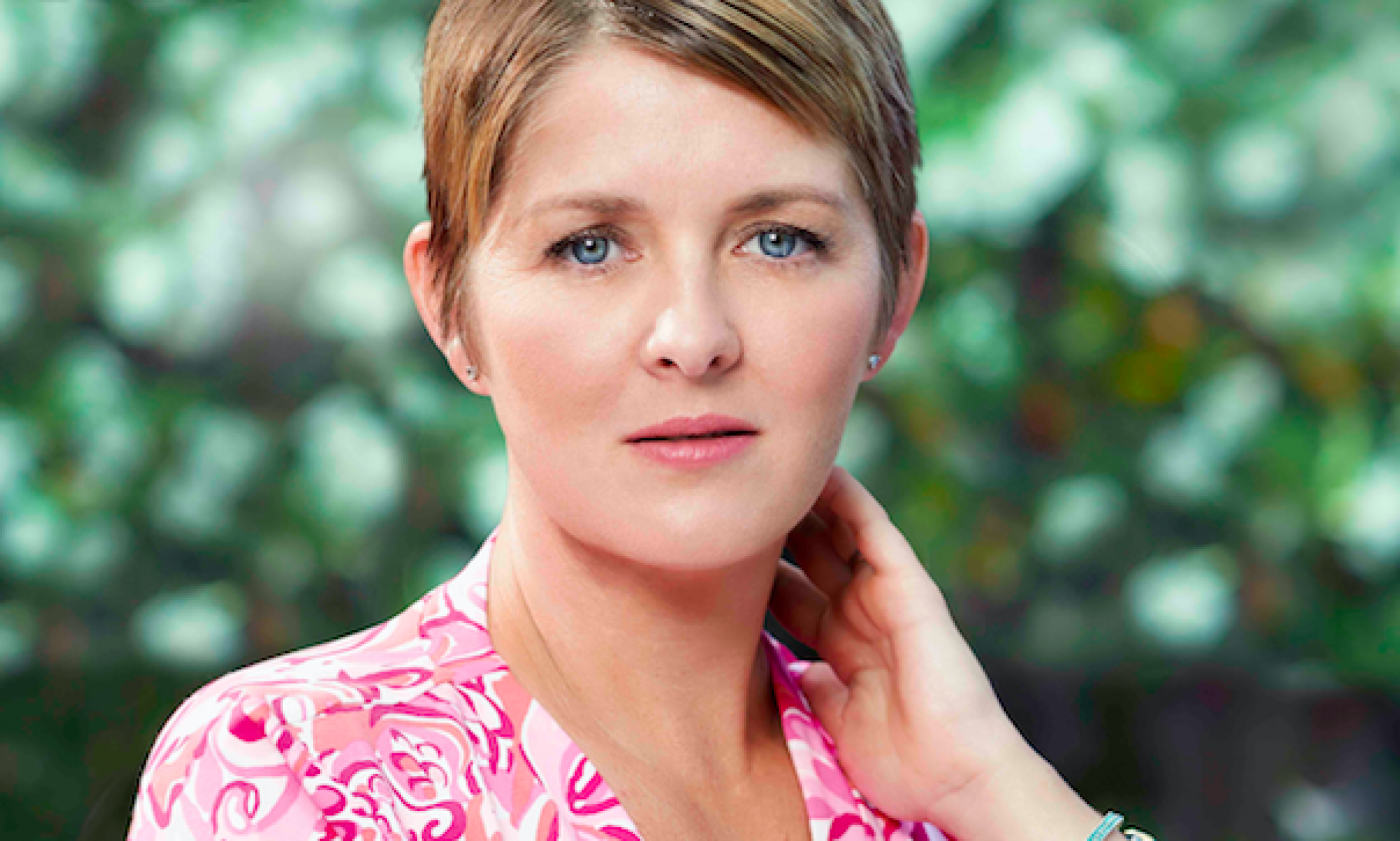When we travel, we read travel guides, we look at media bulletins, and heed the advice of locals about what areas are safe, and what places we should avoid at night.
We protect our belongings, we don’t walk alone at night, and we watch for pickpockets and bad guys.
When people are attacked in places like Mexico, or even London, people’s reactions are to assume they were in a sketchy area, and they shouldn’t have been out there alone.
Other people wonder why they didn’t know that a place was dangerous, or that they should have taken precautions.
Some people are just naive, and can’t believe people would be abducted and murdered in a place like Mexico. They only look at Instagram, and don’t realize there’s a full blown narco-war going on, and more people are murdered there per day than the Middle East. They think violence won’t happen to them. They’re just there to drink and take pictures. On the other hand, so many Aussie’s won’t travel to America for fear of violence.
Now, Australia, and particularly Melbourne, like to think they’re world class cities.
They have culture, and coffee, and tourists.
So why do they think they’re exempt from all the problems that other world class cities have?
They know they don’t. Australians know that there’s a problem with crime against women. They know that the judicial system is pathetic, and judges keep releasing men who are a danger to women and children.
Why then, do women get so pissed off when they’re told that they need to be careful?
Yes, I understand that women shouldn’t have to shoulder the burden, but the fact is, the best person to take care of you, is you.
When you travel, you know that. You take all the precautions. You don’t get offended when the guide book tell you that. So why do you get so outraged when you’re told to do it at home?
Do you get upset when someone tells you the best way to avoid the measles currently going around is to get a vaccine? Or do you know that taking the responsibility of protecting yourself is up to you, and in your best interests?
It’s the same as violence.
You don’t have a team protecting you 24/7. The police aren’t always around. We know judges aren’t giving effective sentencing. We can’t even always rely on our friends to give us a ride home, or walk with us. That would be great, and we should watch out for each other more, but there’s times the only person you can rely on is you, and you shouldn’t get offended by that.
So take a self defense class. More importantly, be prepared to fight back.
We’ve got to stop being passive. Girls are taught to be nice, and gentle, and polite. You can be those things, but not once you’re in a situation where you think you’re in danger. Or even if a guy is just being a jerk. Once someone no longer treats you with respect, you no longer have to be the good girl.
If a guy is being a dick at a bar, tell him to fuck off. If he touches you, say something at the top of your lungs, and slap him away. It’s ok to cause a scene.
If you think you’re being followed, don’t walk through a park or dark alley. Start singing loudly, or call the police. At least have 000 ready to just hit dial.
If Australia would actually let women defend themselves, you could carry a weapon, or at least pepper spray. But they don’t. So improvise. Carry a travel size hair spray, or fly spray, and if someone gets too close, use it. Just spray it in their face, and run. It’ll give you a couple seconds head start.
I don’t buy the BS about not carrying a weapon because it can be used against you. People with bad intentions are going to hurt you anyway. You might as well have something to try defend yourself, or hurt them back.
Women absolutely have to stand up and fight. We have to stand together. We have to defend ourselves. We have to teach our sons so defend us too. Not all men are bad. Many are trying to help us. We need to make sure we’re raising good ones for the next generation too.
Stop being angry when someone tells you to protect yourself. Or funnel that anger into something productive, like a Krav Maga class. Fight for change to the laws. Campaign for tougher sentencing. Find out what items you can carry as self defense. Petition for better items to be made legal.
Stop getting defensive and angry at people telling you to defend yourself, and start getting angry at the system, by defending yourself.



